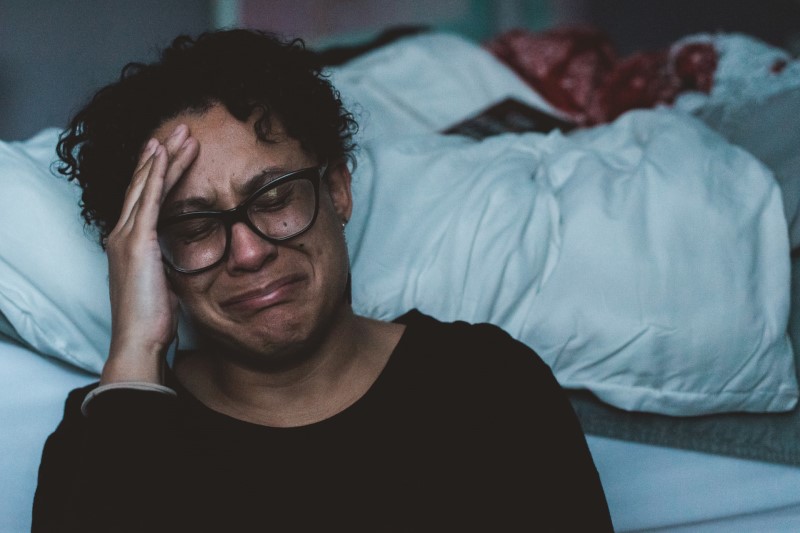Individual Counseling And Maladaptive Coping Mechanisms

Individual counseling can help to identify and correct maladaptive coping mechanisms. Maladaptive coping mechanisms are strategies that we employ, whether consciously or not, to avoid pain, anxiety, or depression, but that ultimately just delay the inevitable and often only make things worse. These strategies may include but are not limited to procrastination, isolation, substance abuse, people pleasing, caretaking of others’ needs instead of our own. Additional ones include acquiring things, excessive activity/always busy, complying, only showing parts of self to others, blowing off steam, sleeping too much or not enough?
Maladaptive coping strategies usually begin in childhood as we first encounter stress, but they can also originate in adulthood in response to life events such as loneliness, abuse, or trauma. Remember that we have all experienced trauma with the pandemic. It is imperative to notice and name these strategies in counseling so that we can track when we engage in them.
Maladaptive Coping And Polyvagal Theory
These strategies correlate with the polyvagal state we are in. Recall from previous blogs that Polyvagal Theory explains how the nervous system responds adaptively to threats, what makes us feel safe again, how past experiences might slow recovery, and how a safe environment is necessary for healing.
Polyvagal Theory tells us two crucial things. First, that any overwhelming emotional experience is perceived as dangerous by our nervous system and consequently evokes a physiological fear response. And second, that when people are allowed and encouraged to express these emotions in a healthy way with safe and understanding social support, they are able to move through the emotions without them causing ongoing trauma responses, which in turn allows them to correct unhealthy coping strategies.
Individual Counseling To Correct Adaptive Coping
Everyone engages in these survival strategies to some degree and which is often maladaptive. We procrastinate on tasks we don’t want to do or cancel engagements we don’t feel up to, which is normal and not always problematic. Remember though that most human beings have problematic survival strategies. And when combined with a hypervigilant polyvagal state, they can get out of control and become harmful. When we avoid people, events, and situations we deny ourselves the basic psychological need for human connection. Counseling can help us to reestablish those connections that make us whole.
The very common avoidance-oriented coping strategies are an attempt to ignore a situation or its impact. In individual counseling, we seek to replace these strategies with approach-oriented coping strategies, which focus on managing emotions or changing the situation to make it less stressful. Counseling helps us to identify our automatic thinking and learn new skills for finding solutions to our problems rather than avoiding them.
Brain-based therapy informs us we need to use the whole brain to learn how to think differently, how to work with our body, and how to work with our autonomic nervous system. Trauma Informed Therapy can help you build upon your brain’s healing potential. Terri Dichiser incorporates bottom-up approaches of EMDR, somatic experiencing, mindfulness, polyvagal theory, EFIT, and top-down approaches such as Cognitive Behavioral Therapy to bring hope and healing.
For more information about individual counseling in Johnson County, KS, call Take Charge, Inc. at (913) 239-8255. To schedule an appointment, click here.
E-News Signup
Increase your emotional intelligence by signing up for the brief monthly eNews with Terri’s emotional intelligence tips and info.
FORM WILL GO HERE...
